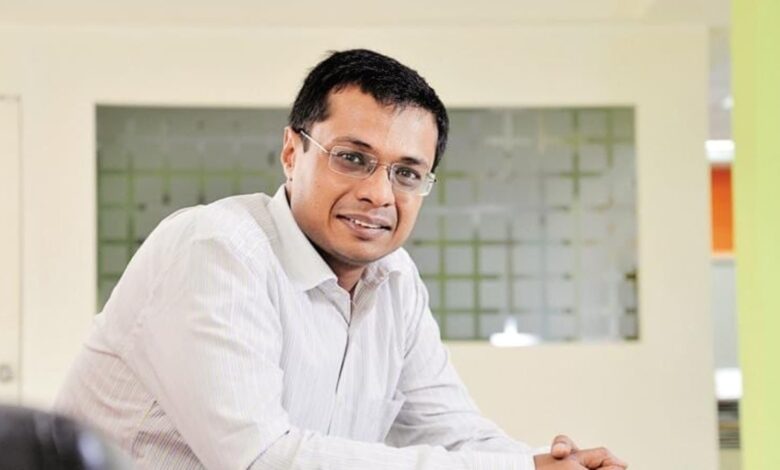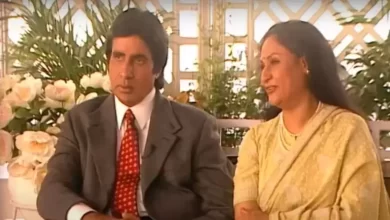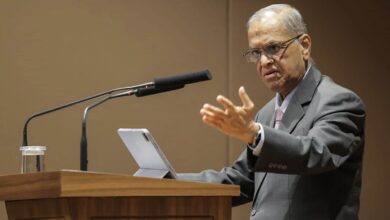Flipkart co-founder’s fintech startup Navi cheated out of ₹14 crore scammers posing as customers | Trending

Flipkart co-founder Sachin Bansal’s new fintech startup, Navi Technologies, was cheated out of ₹14.26 crore last month. According to a report in The Hindu, miscreants posing as customers managed to scam the Bengaluru-based startup out of the significant sum exploiting a bug in the system. ₹14.26 crore.” title=”Flipkart co-founder Sachin Bansal’s new startup cheated out of ₹14.26 crore.” /> ₹14.26 crore.” title=”Flipkart co-founder Sachin Bansal’s new startup cheated out of ₹14.26 crore.” /> Flipkart co-founder Sachin Bansal’s new startup cheated out of ₹14.26 crore. The Whitefield Cyber Crime Police in Bengaluru regered a case against unidentified fraudsters on Saturday. An investigation has been launched into the incident. The modus operandiSrinivas Gowda, a vigilance officer at Navi Technologies, said that during 14 days in December, Navi customers had the option to make payments through the app. They could pay for mobile recharge, EMIs and other services through the fintech app using a third party payment gateway, TPAP. However, there was a bug in the payment process that allowed some miscreants to scam the company. After a customer initiated a payment on the Navi app, the TPAP gateway provided an option to edit the amount payable.This, of course, should not have been allowed after the payment process was initiated. Scammers exploited this vulnerability entering the desired amount on the Navi app (example ₹500 or ₹1,000) and completing the payment process. But after the payment was processed, they went to the TPAP gateway and edited the payable amount to Re 1. As a result, the system falsely recorded the transaction as successful for the edited amount (Re 1), but Navi Technologies was charged the original full amount selected the user. exploiting this bug, scammers managed to cheat Navi out of ₹14.26 crore. Sachin Bansal founded Navi in 2018, just months after quitting Flipkart. In April last year, he revealed that he works 80 to 100 hours a week but does not expect others to do the same. He also said that work from home was not allowed in his startup. “We were very clear that we want to be work-from-office. Work from home was a temporary phenomenon in my mind. It was never a permanent one. We are 100 per cent work from office. Zero work from home,” he said.







